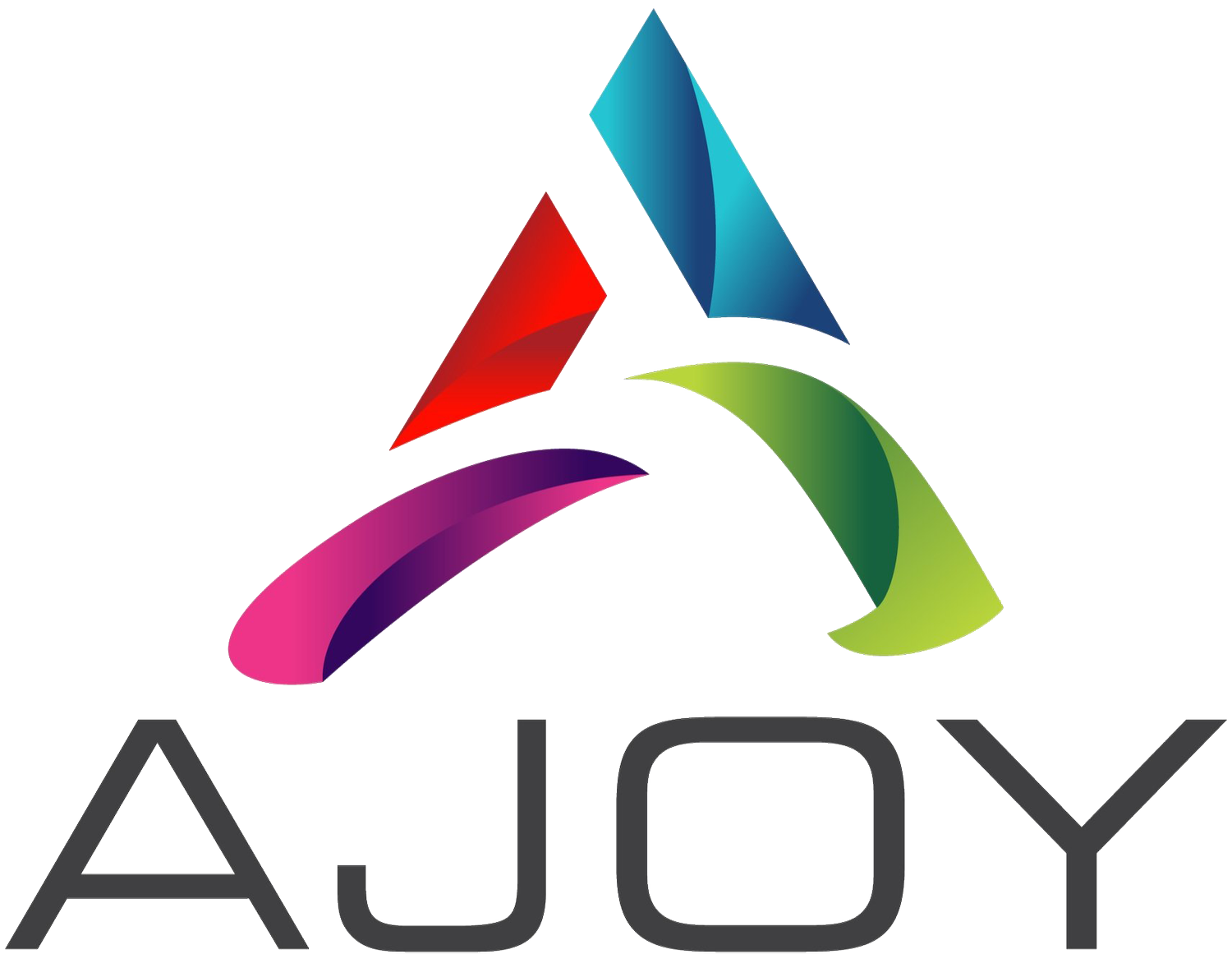How To Tackle Personal Debt (& Why SMB Owners Need To)
Please note: This post is the third in a multi-part series that provides quick and easy financial tips for individuals and small business owners to help them succeed financially.
Last week we discussed worthy financial goals – what they are, how to use the SMART method to define them, and ways to organize them. We also talked about the importance of being mindful of your spending and how small business owners need to take this a step further by separating their personal and business bank accounts.
Now we're going to move on to another topic that can have a huge impact on your personal finances: debt. It may not be your (or anyone's!) favorite thing to think about, let alone talk about, but the fact is that 80% of Americans carry some type of debt, whether it be credit card balances, car loans, mortgages, student loans, or legal/medical debt. Given that debt affects so many of us, no matter our age, it's a relevant and important topic to address.
Is Paying Down Debt a Worthy Financial Goal? Should I Prioritize It Over Other Goals?
When we talked about worthy financial goals in the last post Conquer Your Personal Finances: 2 Quick & Easy Tips (Part Two), we mentioned examples like saving for retirement, college, starting a business, investing, and even vacations. But what if you have personal debt like credit card balances? Should you include paying these off as a financial goal as well?
Yes! Eliminating debt is without a doubt a worthy financial goal. This type of goal should be pursued simultaneously alongside your other financial goals. So as you organize your goals into short- (0-12 months), mid- (1-5 years), and long- (5+ years) term buckets, include paying down debt as part of this. Similarly, use the SMART method (Specific, Measurable, Achievable, Realistic, and Timed/Timely) to help you define this goal.
If you carry more than one line of credit, you will want to prioritize your debts according to what they are and how much you owe.
What Strategy Should I Use to Pay Down My Debt?
If you Google "how to pay down debt," a ton of results pop up. It can feel a little overwhelming, and there are various ways you can choose to tackle your debt. Our recommendation is to use the method that gives small wins upfront. Start by listing all of your debts by amount and interest rate. Ask yourself: Which of these debts can I pay off within the next three to six months? Then take those debts and knock them off as quickly as you can (while still paying the minimums on all your other loans – don't neglect them).
This will give you a feeling of accomplishment that will motivate you to take on your larger debts. When it comes to these bigger loans, pay attention to interest rates and focus on the one with the highest interest rate first. And remember to take the amounts you were previously paying on the smaller debts and put that money towards this larger debt. The more money you can throw at it, the quicker you'll eliminate it.
Take note, though: This strategy will only work if you promise yourself that you'll no longer use debt. So make that promise and stick with it!
How Do High Levels of Debt Impact Small Business Owners?
While it's important for all of us to get rid of personal debt, it’s vital for small business owners. That's because a small business owner's ability to qualify for capital (like small business loans [Taking Out a Loan? 6 Tips For Success] and business credit cards) is reliant on their personal credit score and payment history. Lenders will look at your personal credit report when deciding if they will approve a loan for your small business or not.
So keeping your personal finances in order – and your debt levels low – is essential as a small business owner. If you have too much personal debt, you'll hinder your chances of obtaining the capital you need to build and grow your business.
A Final Word from Tuesday Brooks Founder of AJOY…
While many of us struggle with debt – after all, it's so tempting to swipe that credit card and get what we want now even though we don't currently have the funds – as a small business owner especially, it's crucial that you make every effort to wipe out your personal debts. Doing so will free up more cash in your monthly budget and allow you to qualify for the capital your business needs, or even better, invest in your business with your saved cash and stay out of debt altogether. Start by eliminating your small debts, and before you know it, you'll be on your way to crushing the bigger ones!
Check back soon for more quick and easy financial tips. Have a great week!
If you have not already, remember you can sign up for our free newsletter at www.ajoymanagement.com.
References: https://www.pewtrusts.org/~/media/assets/2015/07/reach-of-debt-report_artfinal.pdf?la=en


